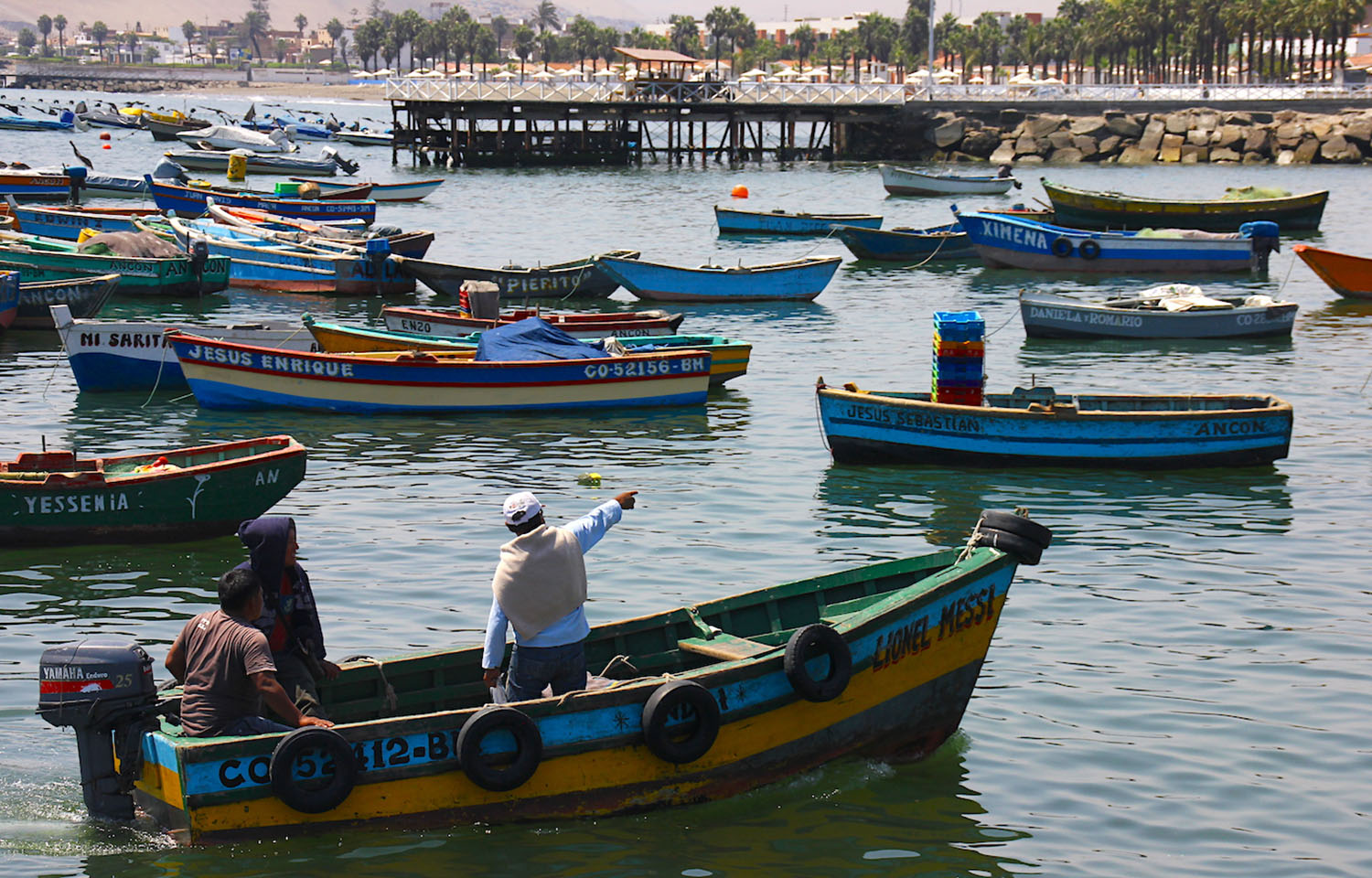Future of Fish, an international nonprofit working closely with seafood supply chains, has kicked off a pilot development fund looking to enhance the sustainability of small-scale fisher operations in Peru.
The Artisanal Fisher Development Fund seeks to make credit access more widely available to support the formalization and sustainable practices of Peru’s artisanal fishers.
Through the project, working capital loans distributed to fishers are expected to finance local cooperatives’ purchase programs for such resources as gas, ice, oil, and other essential items for operations, with savings passed on to members to reduce operational costs and increase profit margins.
The fund, which is slated to last two years, beginning with the disbursement of the first loans that will coincide with the mahi season opening 1 October 2024, also aims to widen access to loans that allow fishers to attain such technology as GPS devices, radio beacons, four-stroke engines, and more. This is expected to reduce costs and environmental impacts, support traceability, and promote safety while ensuring fishers abide by national and international regulations.
More than 50,000 artisanal fishers work along Peru’s coastline, supplying 80 percent of the fish that feeds the country’s population, Oceana reported.
Peru is one of the world’s top fishing nations, coming in second only to China in terms of volume of wild fish caught, but most vessels in the nation lack secure tenure rights and operate in an informal economic setting.
Specifically, the World Wildlife Fund estimates that 62 percent of the artisanal fishing fleet in Peru operates informally, leading to a number of challenges, including limited access to financial services, unstable income and job insecurity, unsustainable fishing practices, substandard working conditions and occupational hazards, and perpetual poverty via lower wages and limited access to healthcare and education.
“This loan guarantee fund represents an innovative approach to support fishers in managing the transition from informal to formal and, thus, from IUU [illegal, unreported, and unregulated] to legal fishing,” Future of Fish Executive Director Peter Battisti said in a statement. “Capacity-building to support better administration to unlock pilots that support better business practices that can result in increased profitability can help demonstrate that there is a business case to be made to incentivize more responsible production, both in Peru and globally.”
With Peruvian artisanal fishers often having a difficult time
…








